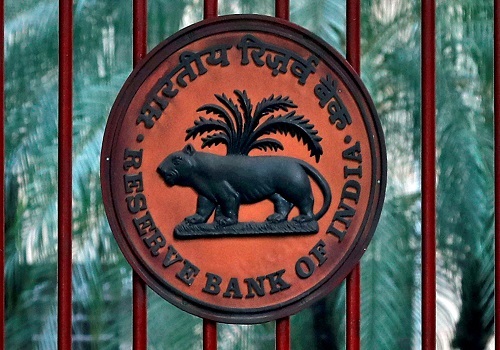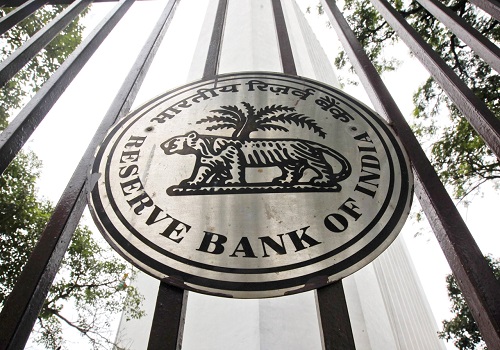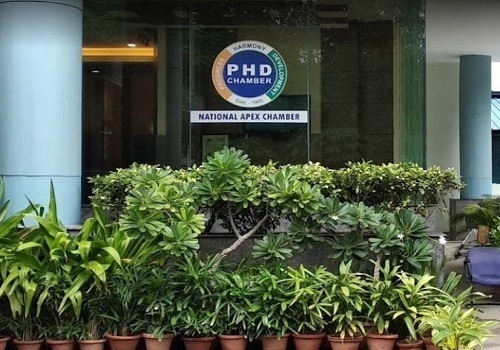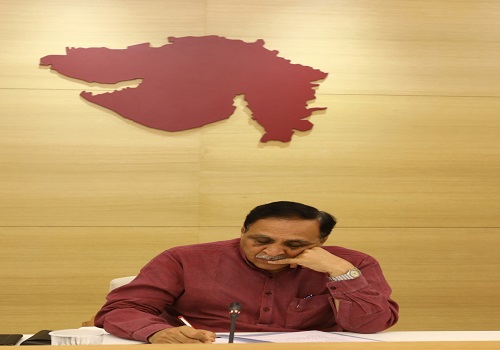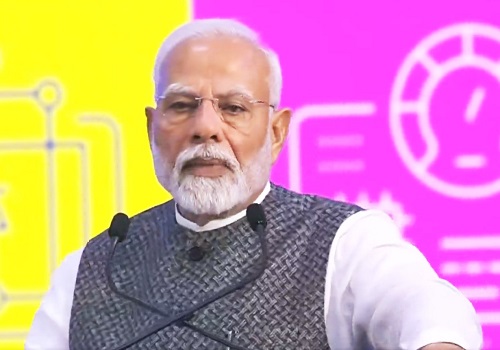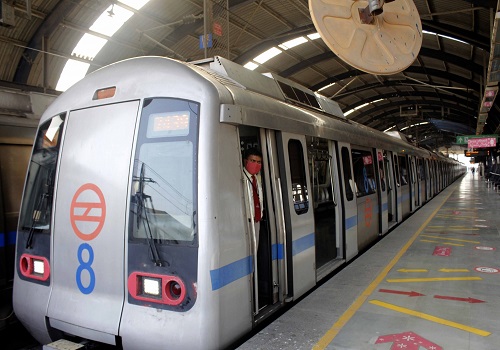The new IRDAI Chairman has crucial tasks to handle

Follow us Now on Telegram ! Get daily 10 - 12 important updates on Business, Finance and Investment. Join our Telegram Channel
Setting the house in order, working towards its core mission of policyholder's interest, speeding up the new company licensing process, avoiding micromanagement are some of the important tasks for the incoming Chairman of Insurance Regulatory and Development Authority of India (IRDAI), said a cross section of the industry officials.
They also said upward revision of motor third party premium, simplification of its regulations, leveling the playing field are some of the other areas, the officials added.
In short, the incoming head as and when he/she is appointed should convert IRDAI into a vibrant body.
"The IRDAI Chairman's post has been vacant since May this year. It is also not known whether the government is waiting for some bureaucrat to retire so that he/she can be accommodated in IRDAI," industry officials told IANS preferring anonymity.
"It is time the government appoints a person with financial and commercial background and who knows what risks are and how protection is made."
Be that as it may, the incoming chief of IRDAI has several things on his plate to solve before taking on new things.
Industry officials told IANS that the IRDAI has not licensed any new insurer during the past couple of years.
Even the Andhra Pradesh government's initiative to set up a crop insurance company is getting delayed, they said.
"Globally in the insurance sector, many things are changing focussed on safeguarding the policyholder's interest, growing the industry and making the players remain solvent," a head of a large non-life insurer told IANS on the condition of anonymity.
The industry officials told IANS that IRDAI had gone into micro-managing the sector with various regulations warranting more structures for monitoring resulting in undesirable outcomes.
"The moment you go into granularity, it takes away the focus on insurance. The IRDAI should first address the structural issues," a CEO of a private insurer told IANS.
Citing the underwriting losses posted by the non-life insurers he added: "The regulator should ponder whether the companies are into insurance or investment business."
According to the CEO, the issue that the IRDAI should consider is moving the insurers towards profitability.
"As the country matures, interest rates will come down and also the investment returns and as a result there will be a need for more capital," he added.
The official also said the industry lacks distribution capability to underwrite larger risks like crop insurance.
While the government insurers underwrite crop, cattle and other rural business, the private sector is focused on urban centric and industrial/commercial businesses limiting the insurance penetration.
The CEO of the private insurer said the present limits on the management expenses should continue.
"The IRDAI should level the playing field. The management expenses of both private and public sector companies are almost the same. The salary bill of the private companies is about 10 per cent. However, the advertising spend of the government companies is about Rs 160 crore whereas that of the private sector is about Rs 3,000 crore," the head of a large non-life insurer said.
"For Rs 3,000 crore of advertisement spend are we seeing that much commercials on the television or in other media. So, where is the money going? For a much lesser spend we see lots of advertisements from fast moving consumer goods (FMCG) companies," the official added.
"The IRDAI should go in for a forensic audit. Lot of money is paid to motor vehicle dealers by the private players under various heads. It is only the government companies that follow the regulations and lose business in the process," a former Chairman-cum-Managing Director of a government-owned general insurer told IANS.
He said the IRDAI has favoured the private non-life insurers and cited the Motor Insurance Service Provider (MISP) guideline allowing payment of higher commissions of vehicle dealers.
"The expenses of an insurer are met out of the premium received. If nearly 40 per cent of the annual premium is paid to an intermediary, then there will not be anything left for payment of claims," he added
Similar views were voiced by private insurers who do not have a tie-up with automobile dealers.
The penalties levied by IRDAI on insurers violating the regulations are not a deterrent as they consider the fines as an expense out of the huge income.
"IRDAI should order the insurer not to underwrite that line of business for a month. Such a penalty will be the deterrent," the industry officials told IANS.
Present and past senior officials of public sector non-life insurers told IANS that the upward revision in motor third party insurance can be considered once the private sector cuts down its costs.
Nearly 40 per cent of the general insurance business is from the motor insurance vertical and a major portion of that from third party risk cover, insurers are not enthusiastic about any changes resulting in lower premium and investment income.
Contrary to the claims made by the general insurers that they are incurring huge losses under the motor portfolio, the numbers as per the Insurance Information Bureau of India (IIB) study shows the contrary.
In its annual report on motor insurance for the fiscal 2018-19, the IIB said a sum of Rs 35,519 crore of motor claims towards vehicle damage (Rs 18,262 crore) and third party liability (Rs 14,257 crore) were settled during 2018-19, while the gross underwritten premium was Rs 64,522.35 crore.
According to the report, the average settlement amount for death claims during fiscal 2018-19 was Rs 9,01,207 and for injury claims it was Rs 2,51,094.
"The motor third party loss rates differ from state to state. It is time to have rates for different states so that the pricing is right," a CEO of a private insurer said.
Officials said the IRDAI should allow the insurers to innovate and devise new policies.
"The policy wordings are defined. The core product remains the same without any flexibility," a top official of a private insurer said.












 320-x-100_uti_gold.jpg" alt="Advertisement">
320-x-100_uti_gold.jpg" alt="Advertisement">

